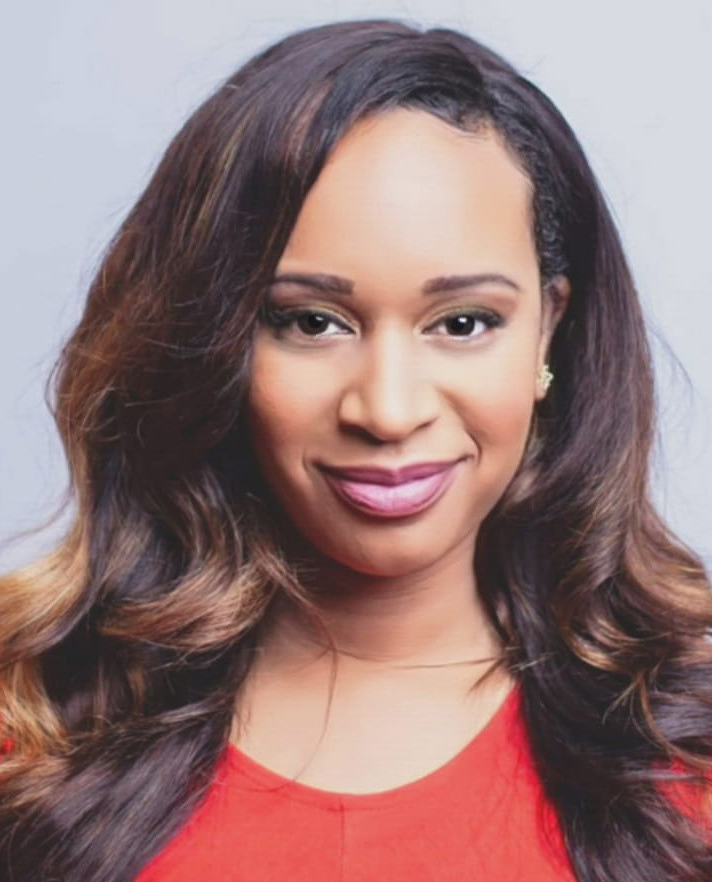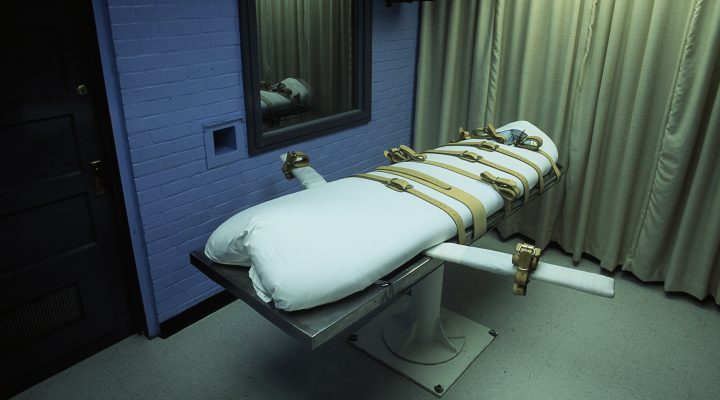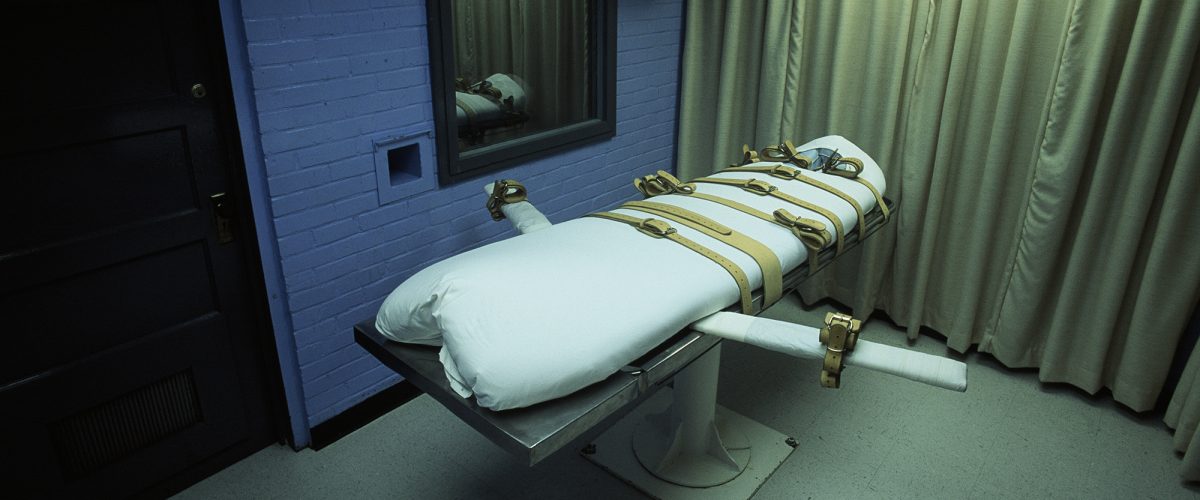Joia Erin Thornton underwent a self-described “Damascus Road experience” that altered her career track from magazine writing to criminal justice policy work, community organizing and anti-death penalty advocacy.
“I was living and working in New York, and I had this moment where it hit me: Is your life going to be lived just for you, or for others? Then I heard the voice of God speak to me that ‘You need to serve others,’” said Thornton, national policy strategist for the Southern Center for Human Rights.

Joia Erin Thornton
That experience may not be surprising for a woman whose father was a Baptist pastor and whose mother was an evangelist. But Thornton’s subsequent career path has been anything but predictable, including her 2021 creation of the Faith Leaders of Color Coalition.
The group musters clergy to press legislators, policymakers and government agencies in a strategic effort to end the death penalty.
“I could see that in this country, and especially in the deep South, there is no way to do justice work or death penalty work without inviting in the religious community,” Thornton said.
Black ministers and other ministers of color have an especially powerful voice to share because their communities have historically faced the brunt of American injustice, she added. The coalition seeks “to honor generations of ministers who worked to stop lynching, fight racial terror and help modern-day faith leaders build upon that work by ending the death penalty.”
Clergy bring a moral and spiritual clout to the movement to end the death penalty in the U.S., she added. “Faith leaders have always been on the forefront of ending slavery, desegregation and the war against drugs. What this is doing is giving voice to conversations with elected officials regarding policy changes related to eliminating capital punishment.”
Founded and directed by Thornton as a project of the Atlanta-based Southern Center, the coalition employs a wide range of strategies in the fight against capital punishment.
The coalition employs a wide range of strategies in the fight against capital punishment.
“One of those is to invite BIPOC (Black, indigenous, people of color) pastors into the scope of what’s going on in the larger death penalty space,” she said. “And we are interested in all facets of the abolition movement, including advocating for the innocent, for the exonerated, for inmates with intellectual disabilities and for the families of victims and the accused. And FLOCC was designed to empower clergy to have conversations with lawmakers.”
The coalition also plans and participates in campaigns to protest or stop individual executions, seeks to comfort death row inmates and their families and to assist attorneys involved in death penalty cases and litigation against government agencies involved in discrimination, she said.
Thornton said she launched the coalition after hosting Zoom calls with 27 pastors who were either on the forefront of the movement or who wanted to get more involved. Today, there are more than 80 ministers in the coalition.
“We are still growing because they are in the driver’s seat,” she said. “As a group, we believe Black and indigenous clergy can leverage power together to get elected officials to listen to our concerns about the death penalty. All these things represent the kind of moral guidance folks in our group provide. Basically, it’s organizing 101.”
The organization is the fruition of the community organizing, racial justice and legal-criminal policy work Thornton pursued in Memphis and New Orleans after leaving New York.
“This work is highly spiritual for me.”
And it all stems from the calling of that Damascus Road experience, she said. “This work is highly spiritual for me because what I am able to do is pick apart policy issues and drill them down to stories and cases and the backgrounds of people’s lives that led them to where they are.”
The experience also has taught her the importance of building community to tackle social, racial and legal injustice. “I believe in creating space for people to share ideas and talents and callings for a common goal.”
That approach is built into the coalition she has launched to end the death penalty. “We could start and stop with a mailing list, but there is no connectivity, no space carved out for people to dialogue and discourse about how they feel on capital punishment,” she explained.
There are times when that dialogue doesn’t arrive at solutions or agreements, she admitted. “As people, we change every day, we have questions and those questions sometimes just need to be lifted up among peers, even if they are not answered.”
The community that has organically evolved among coalition members also serves as an opportunity to share frustrations, grief and transgenerational trauma related to capital punishment, Thornton said. “We share our connection to racial violence in this space, which is created to be safe to discuss what harmed us, including lynching in the deep south and now the use of the death penalty and policing.”
But an optimism born of faith and historical knowledge also permeates coalition members who recall that the death penalty temporarily ended with a 1972 Supreme Court ruling. “We can thank the activists who campaigned against it in the 1960s and 1970s” for that achievement, she said.
While the death penalty was ruled to be legal in 1976, seven states have abolished the practice since 2009, leaving 27 states with capital punishment statutes and burgeoning abolition movements.
“We see that it’s been done before. That’s what gives us hope,” she said. “And hopeful in a collective consciousness where people are demanding accountability, humanity, morality when it comes to public safety and how we treat each other.”
Related articles:
Coalitions in Florida and Texas seek to halt executions of mentally ill inmates
How I came to oppose the death penalty | Opinion by Stephen Reeves
Panel of faith leaders will raise awareness of death penalty injustice


